6 foods you should never cook in a cast iron skillet
Keep these foods out of your cast iron skillet
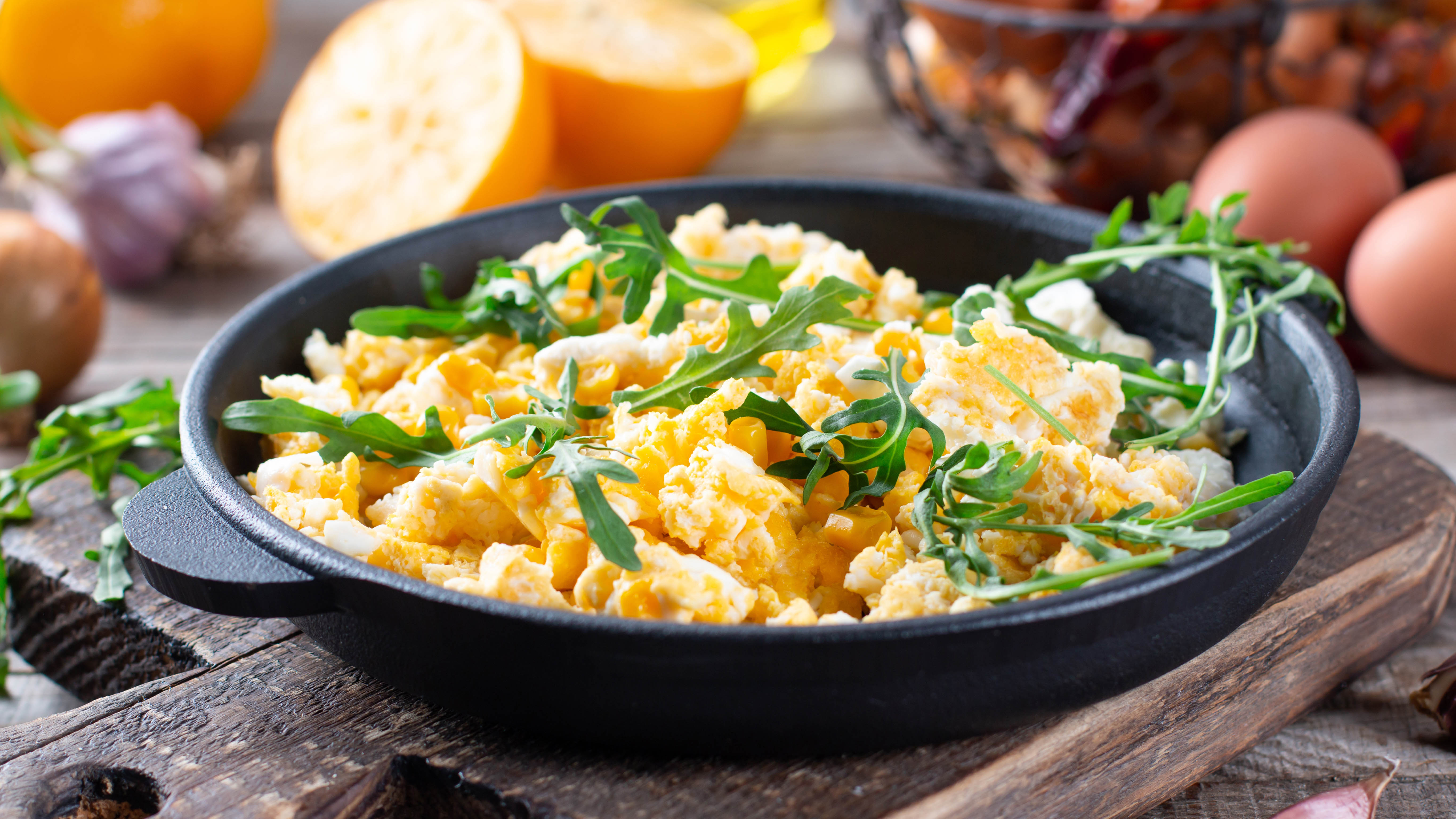
We all love using our old and trusty cast iron skillet for day-to-day recipes. Thanks to the properties of this material, from the high heat retention to the searing effect, we can produce delicious results with ease, which no other type of cookware can achieve. However, while cast iron is, no doubt, hardy, heavy and durable, did you know that there are certain foods you shouldn’t be cooking in there? Foods which even the best cast iron skillets shouldn’t attempt?
You read that right. Some foods can potentially damage your cast iron skillet and impact its lifespan. In other cases, the food simply isn't suited to cooking via this method, and you could end up making a mess which is difficult to clean. Nevertheless, cooking any of these foods would be one of the mistakes you’re making with your cast iron skillet, and where possible, you will want to keep them out of the pan. If you want to know the specifics, here are 6 foods you should keep out of your cast iron skillet at all costs.
Before we go into detail, we should specify that this list primarily relates to traditional cast iron, rather than enameled. Enameled cast iron features a layer of glazed enamel on the surface which protects it from the following foods.
Be sure to also check out 7 things I've learned after cooking on cast iron over the years.
1. Acidic ingredients
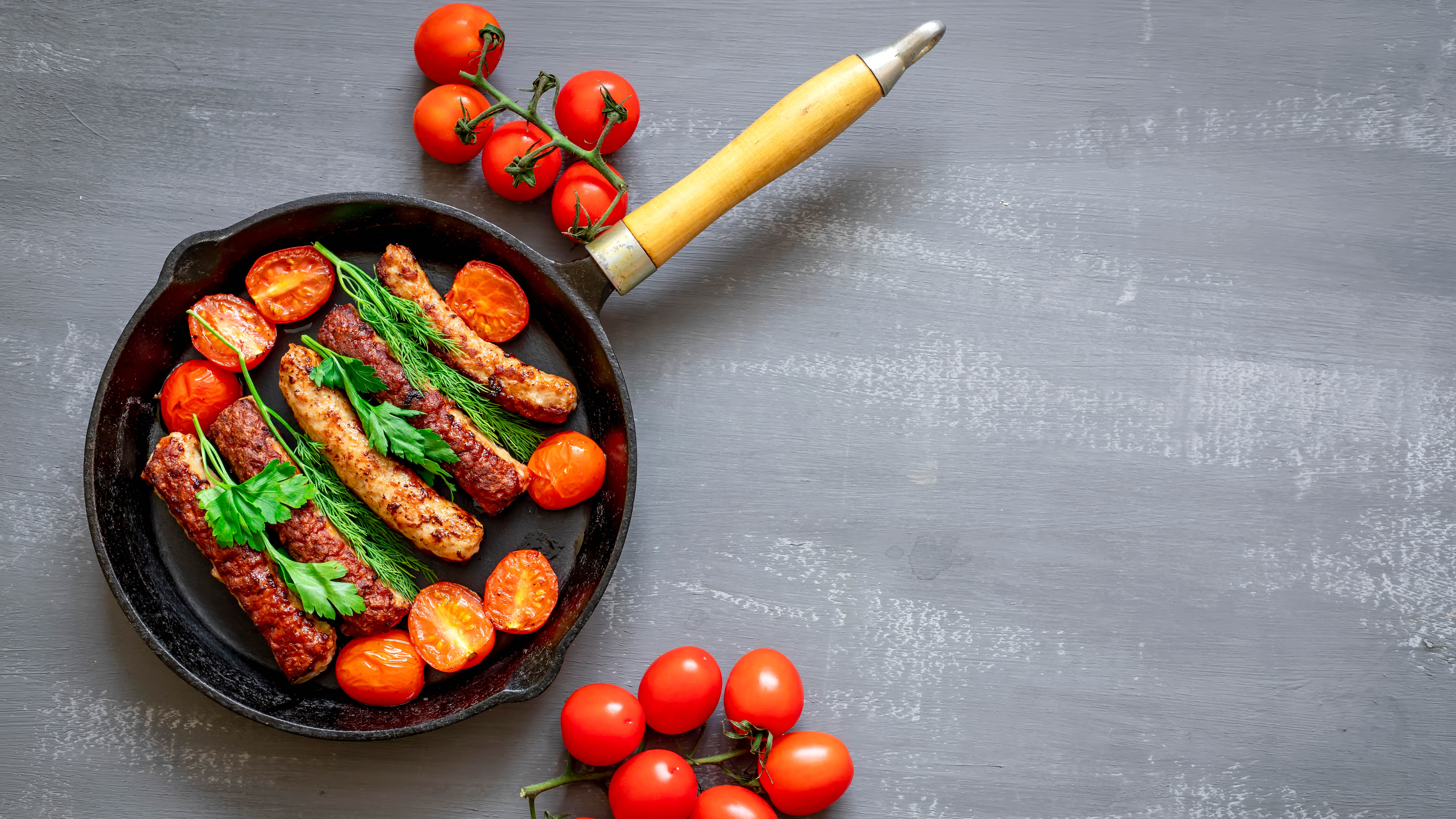
This issue is often debated by many, but there is some conjecture that cooking particularly acidic foods on a cast iron skillet can cause damage to the pan itself. First, the acidic properties are said to wear away the layer of seasoning, leaving the pan vulnerable to rust. Second, some say it can cause the skillet to leach more iron than usual into the food itself, leaving a metallic aftertaste. Bare cast iron will always release a small amount of iron into the food, but usually not enough to pose a health hazard, unless you suffer from hemochromatosis. An excess of iron which impacts the flavor could ruin the dish though.
Acidic ingredients include the likes of tomato sauce, lemon juice, wine and vinegar. Some say these are fine to cook, so long as the skillet isn’t exposed for a prolonged period. Others argue that it’s fine, so long as the layer of seasoning is thick and sufficient. Considering all of this, we ultimately recommend cooking these ingredients, but with care. Do not leave them cooking in the cast iron skillet for longer than necessary, and avoid using them in a brand new pan, which hasn’t had a chance to build-up its seasoning.
2. Sticky ingredients
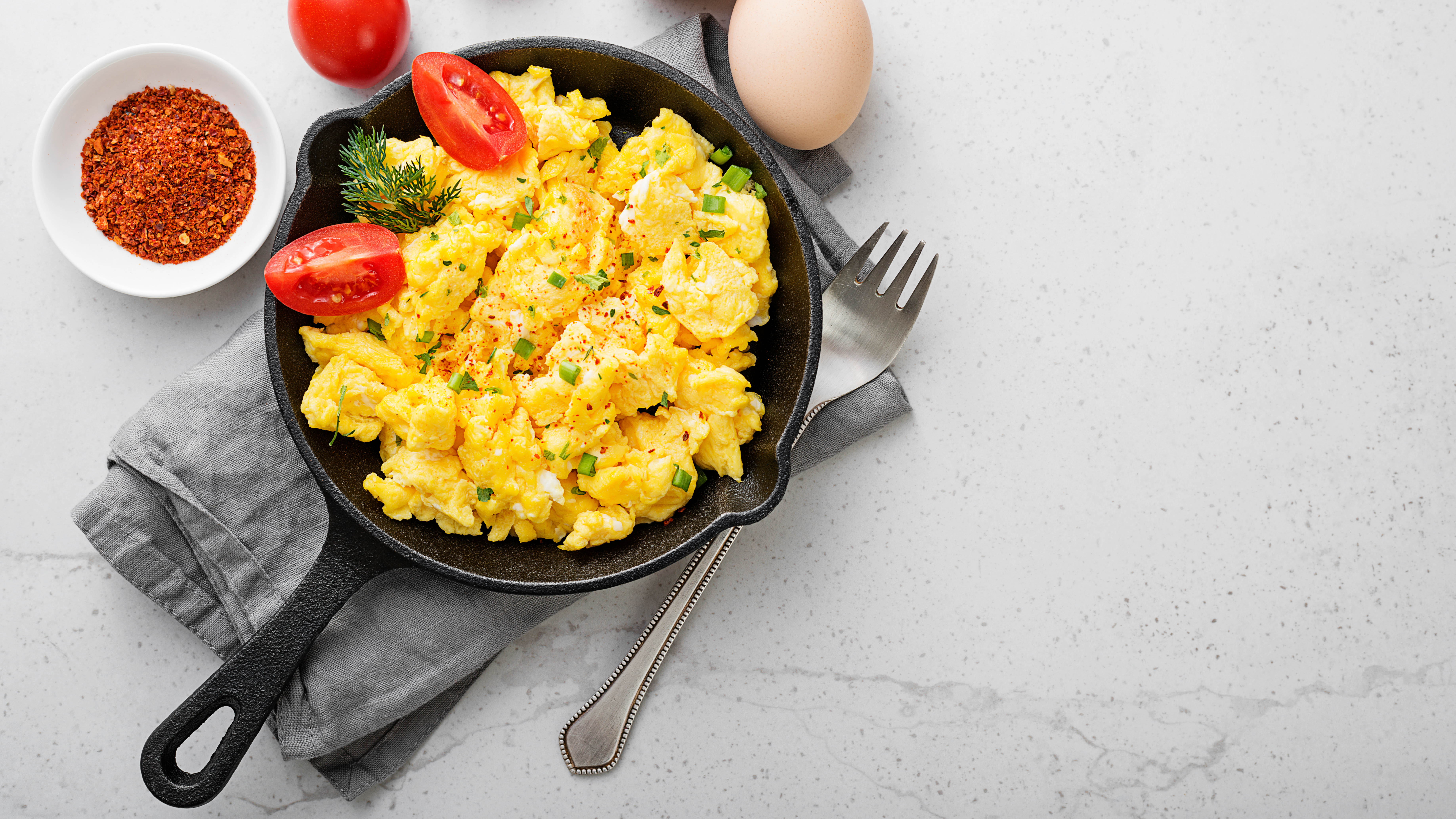
It’s best to avoid cooking anything overly sticky in a cast iron skillet as well, especially if it’s a new pan. Attempt this, and you will most likely end up with a sticky mess which is difficult to clean up after. Eggs, grits and sticky sauces tend to be the prime culprits for this category. Such ingredients can upset the non-stick properties of your pan going ahead as well. If you fail to remove all traces of the residue, this sticky layer can block your seasoning and cause future dishes to stick.
Sign up to get the BEST of Tom's Guide direct to your inbox.
Get instant access to breaking news, the hottest reviews, great deals and helpful tips.
Even if your skillet is an old and well-seasoned pan, we would recommend avoiding such ingredients, unless you’re confident of the non-stick properties of your cookware. Otherwise, you could end up with a mess for dinner, and something which requires a lot of elbow grease to clean up after. Stick to using your regular non-stick metal pans for these ingredients. If you need to remove this kind of stubborn residue from your cast iron skillet, try scrubbing it away with some kosher salt mixed with water. For full directions, see how to clean a cast iron skillet.
3. Smelly ingredients
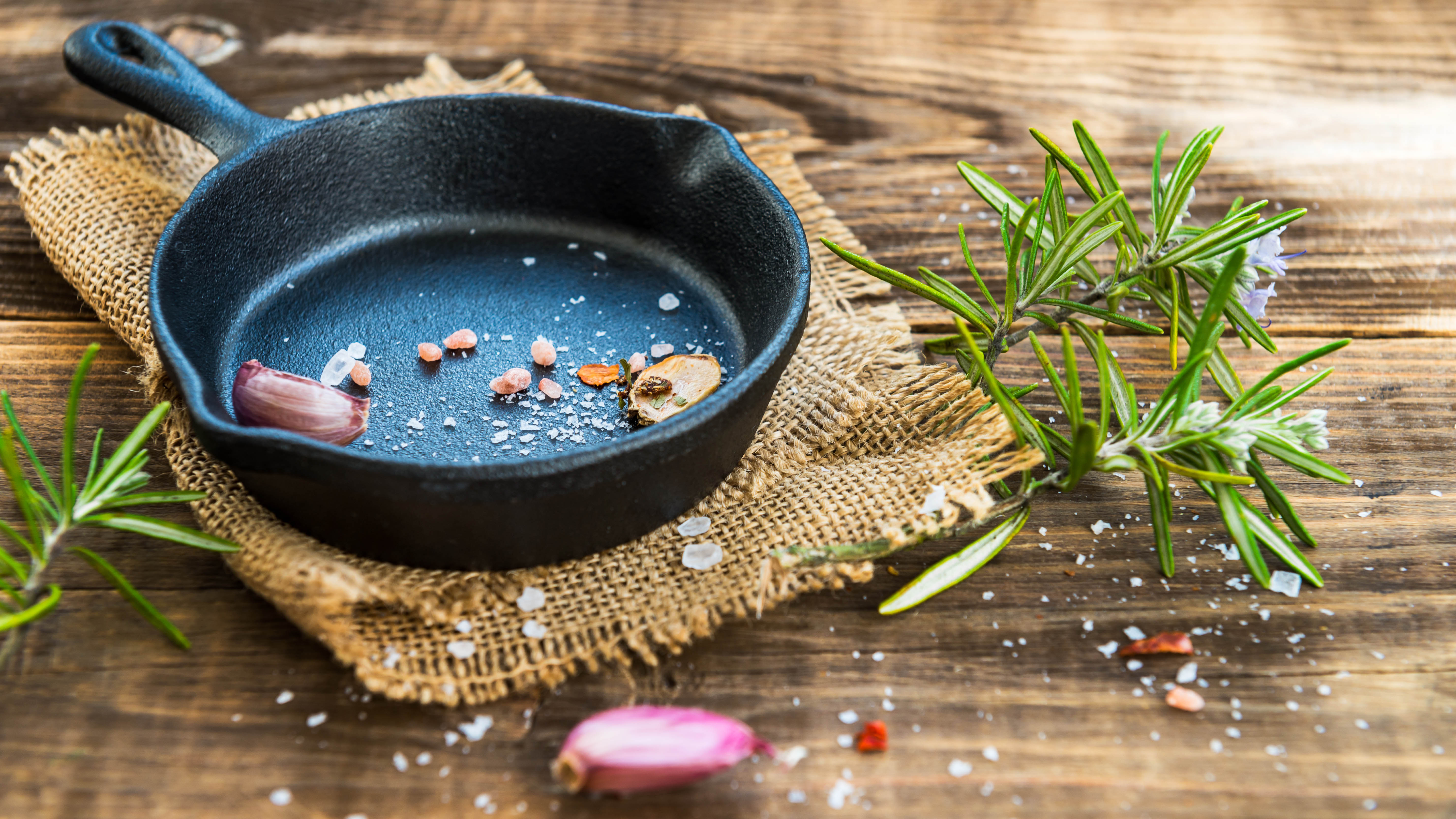
Cast iron is known to hold onto the smells and flavor of what we cook, particularly if we use aromatic ingredients. For this reason, you might want to watch what you cook, or at least the order in which you cook it. Ingredients such as garlic, cheese and fish, can all leave a lasting impression in this porous metal. As a result, the quality of the next dish could be impacted before you've finished cooking it.
Consider what you’re cooking each time you use your skillet, and take note of any ingredients which leach into your next dish. It’s also a good idea to have two separate skillets for savory dishes and desserts for this reason, especially if you cook in succession. The last thing you want is your skillet-cooked apple pie tasting of fish!
To deodorize a smelly skillet, simply heat it in the oven, while empty, at 400°F for 10-15 minutes. Otherwise, give it a thorough clean to remove odors with soap and water.
4. Delicate ingredients
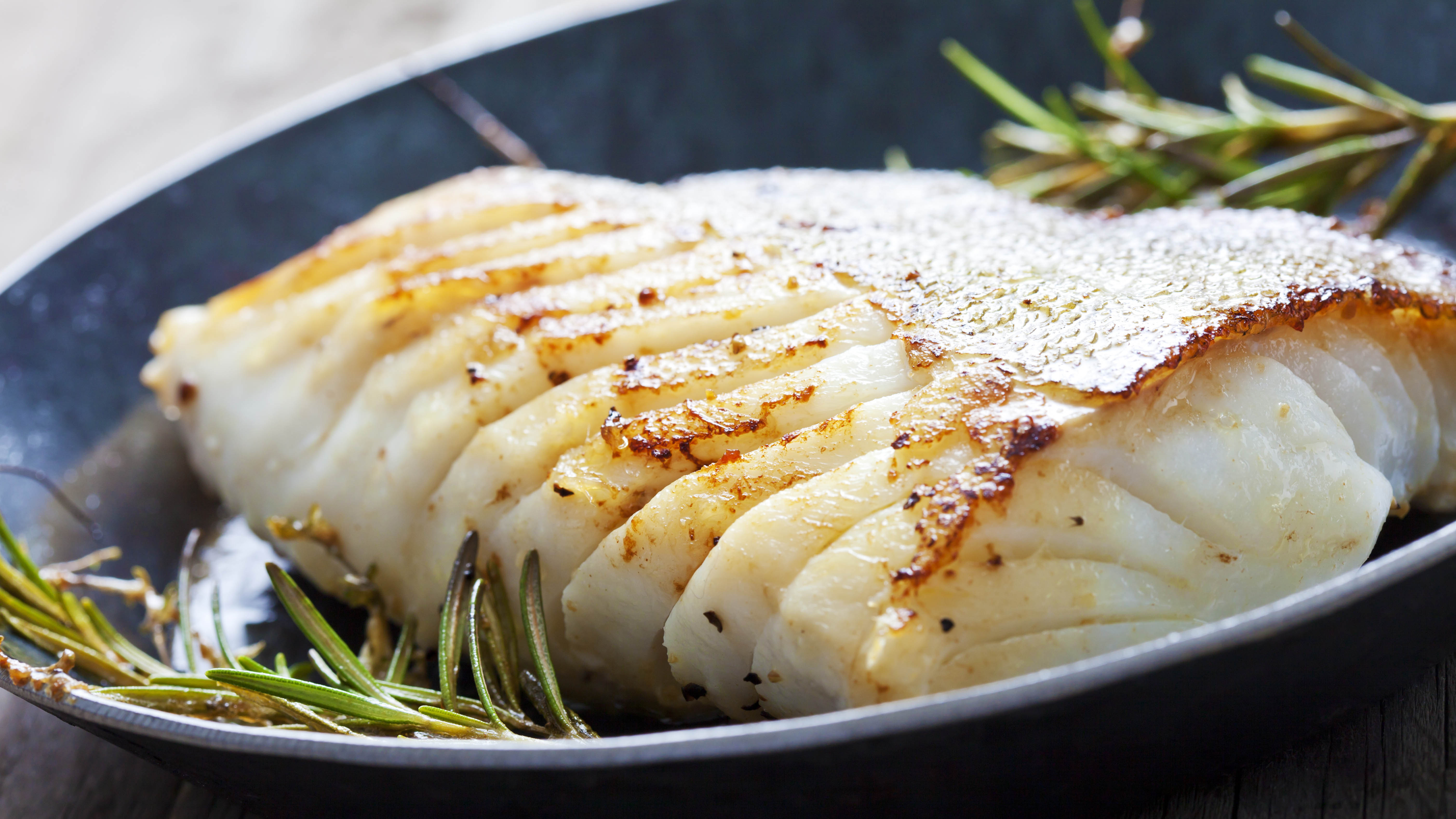
Cast iron skillets are versatile to say the least, but certain ingredients are just better off being prepared with alternative cookware. Delicate foods in particular which struggle in high heat, such as flaky fish, are a no-go. This is because the rough surface of a cast iron skillet, if not properly seasoned, can easily tear foods such as this apart. The skin can stick all too easily, and the meat can fall to bits quickly. Even tougher varieties of fish can struggle when cooked on cast iron.
You can of course argue that a well-seasoned cast iron surface would prevent such a problem. And while that is true, we would still recommend cooking delicate ingredients with alternative methods. This is because cast iron isn’t exactly ideal for cooking such dishes, and accidents can happen easily, leaving a mess behind.
5. Anything where the skillet is overcrowded
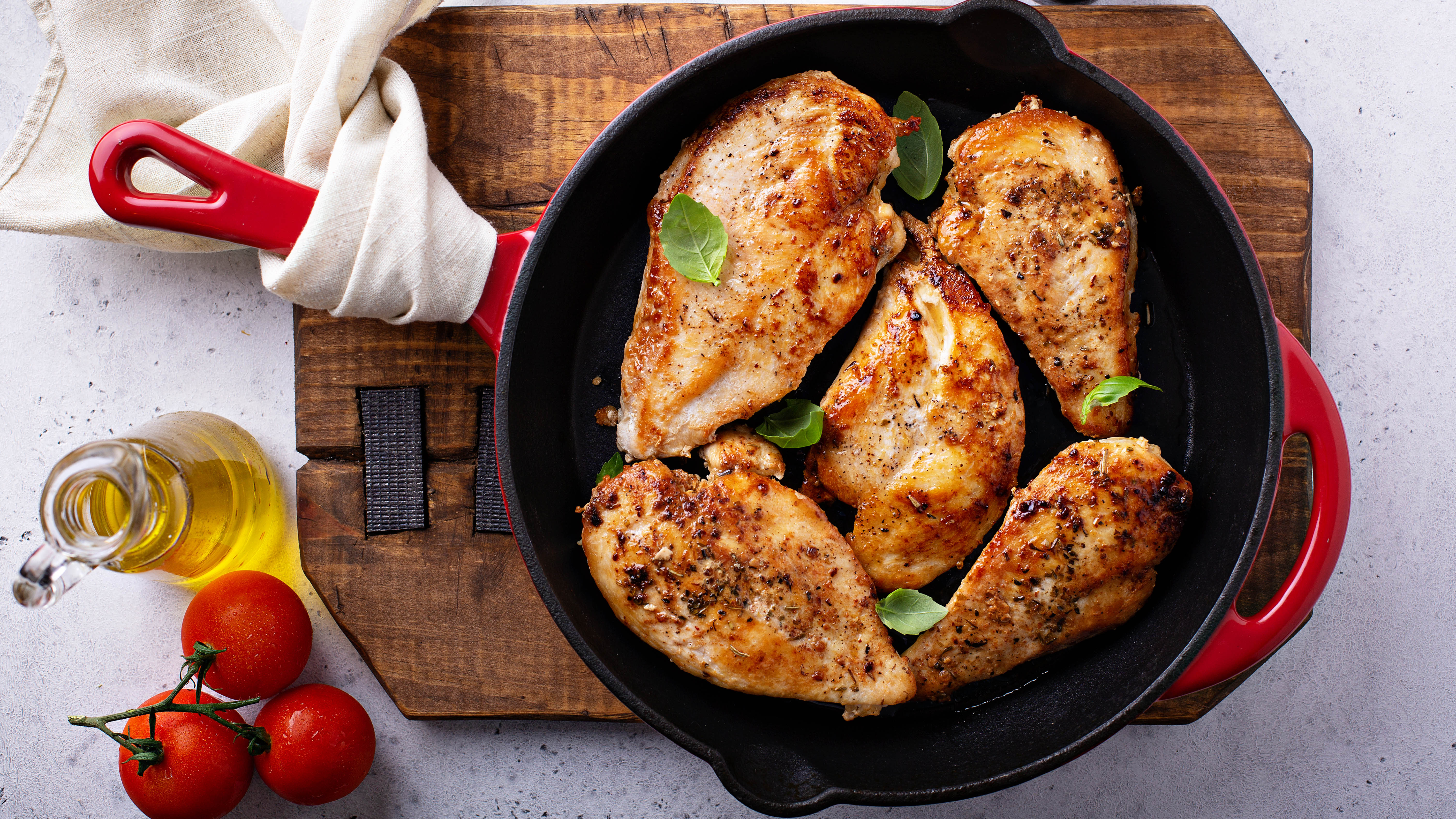
This doesn’t relate to a specific ingredient, but rather the quantity of the ingredients. If you want everyone’s dishes to be ready at the same time, it’s all-too tempting to chuck everything on the skillet at once. The problem with doing this is the skillet can easily become overcrowded. And while cast iron tends to distribute its heat evenly, this will impact the cooking quality.
First, you won't be able to rotate the food as efficiently if everything is crowded together. You also can’t keep an eye on the cooking progress as effectively. However, the biggest hindrance is that your skillet will trap excess moisture under the ingredients, which stops your food from browning, and makes it rather soggy instead. A key reason for using the cast iron skillet is essentially removed. So, instead make sure ingredients are sufficiently spaced-apart, with enough room for the heat to circulate. You will get better results for it.
6. Anything where the skillet isn’t seasoned
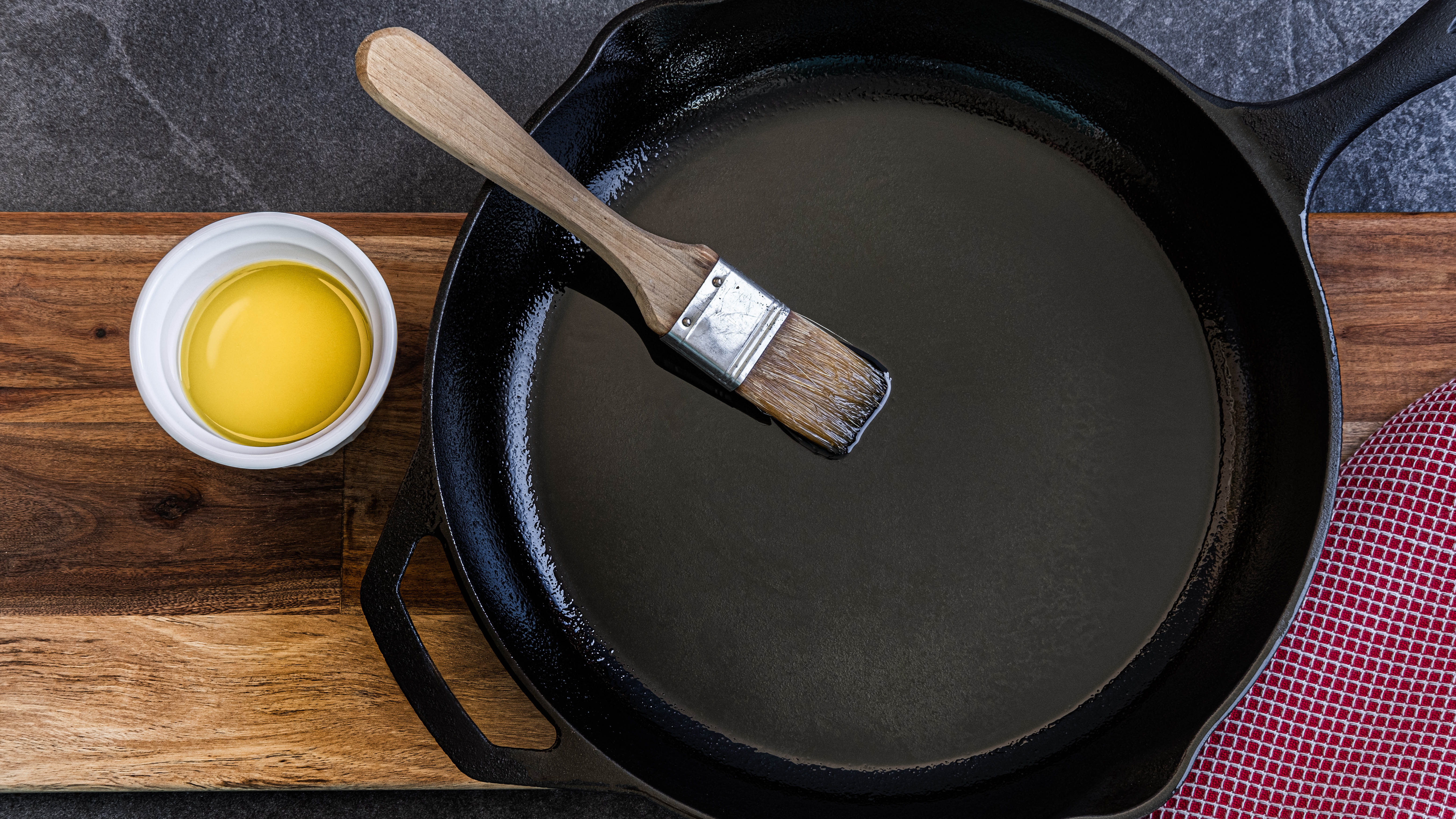
There’s no point in cooking on your cast iron skillet if it’s not properly seasoned. Your ingredients will stick and burn immediately, and your pan will be vulnerable to rust as you try to clean off the residue. We recommend seasoning your cast iron skillet 2-3 times a year, and applying a layer of oil after each use to keep it in tip top condition. For full instructions, see how to season a cast iron skillet.
More from Tom's Guide

Katie Mortram used to be a Homes Editor for Tom's Guide, where she oversaw everything from kitchen appliances to gardening tools, as well as smart home tech. Specializing in providing expert advice for cleaning and home manintenance, she now works as Household Advice Editor for Good Housekeeping.
-
Larask That sounds like a vast percentage of all foods one can make. Nothing with tomatoes nothing sticky nothing with eggs nothing that's bigReply
Why the hell are you even buying one? You just have to know how to clean it without completely demolishing it -
TheRealEddyHarper Agreed. This article you just made pretty much says you can only use cast iron to make potatoes. Even then! God forbid they get too sticky.Reply
This is great anti-advertisement if that was the goal.
I think I can safely speak for the majority of us when I say that I believe the world has had enough, “what you shouldn’t do”. And we need much more, “this is what you should do”. Or better yet leave, “you” out of the article entirely and start with something like “Cook with a cast iron skillet? Try this!”
So much less daunting and much more inviting than saying… here’s yet again another list of what not to do. You better read it quick so you can practice not doing it. -
Mistake Not.. Controversy makes us click and engage.Reply
1-4 are meant to start arguments. 5 & 6 are the most basic instructions. -
Sniffany Reply
I never cook eggs in anything EXCEPT my cast iron. I also cook tomatoes and acidic stuff in it, and even slow cook chili in my Dutch oven over fire.Larask said:That sounds like a vast percentage of all foods one can make. Nothing with tomatoes nothing sticky nothing with eggs nothing that's big
Why the hell are you even buying one? You just have to know how to clean it without completely demolishing it
To clean I use "chainmail sponge" or salt/oil. And I can use whatever spatula/flipper, which I use a metal one to scrape the bottom off to dislodge any possible burnt bits.
